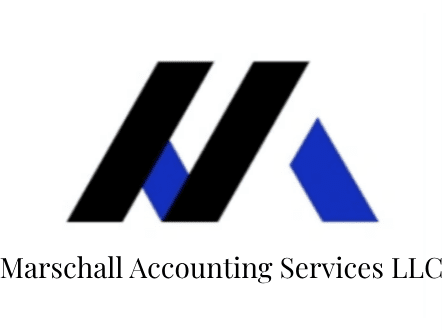Depreciation recapture is a tax concept related to the sale of a rental property that has been depreciated for tax purposes. Depreciation is an accounting method that allows property owners to deduct a portion of the property’s cost as an expense over its useful life, which helps to offset taxable income. However, when the property is eventually sold, the IRS requires that any depreciation claimed on the property be “recaptured” or accounted for as taxable income. This recaptured amount is subject to taxation at a different rate than regular capital gains.
Here is a breakdown of how depreciation recapture works:
- Depreciation Deductions: When you own a rental property, you can claim depreciation expenses on your tax return over a specified period (27.5 years for residential rental properties and 39 years for commercial properties, as per current IRS guidelines). This allows you to deduct a portion of the property’s value from your taxable income each year.
- Adjusted Cost Basis: Over the years, as you claim depreciation deductions, the property’s adjusted cost basis decreases by the amount of depreciation you’ve taken. The adjusted cost basis is the original purchase price of the property plus any improvements, minus the total depreciation deductions.
- Sale of the Property: When you decide to sell the rental property, the IRS requires you to calculate the depreciation recapture amount. This is the total amount of depreciation deductions you claimed during the time you owned the property.
- Taxation of Depreciation Recapture: The depreciation recapture is taxed at a maximum rate of 25%. This is often higher than the tax rate for long-term capital gains, which can be either 0%, 15%, or 20% depending on your income and other factors.
- Remaining Gain: After accounting for depreciation recapture, any remaining gain from the sale of the property is treated as a capital gain. The capital gain is subject to the capital gains tax rate, which can vary based on factors such as your income, how long you owned the property, and the type of property (e.g., short-term or long-term capital gains).
- Reporting on Tax Return: To report the depreciation recapture and the capital gain, you will need to fill out IRS Form 4797 (Sales of Business Property) and possibly Schedule D (Capital Gains and Losses), depending on your specific circumstances.
It is important to note that tax laws and rates can change, so it is always advisable to consult a CPA for the most up-to-date and accurate information regarding depreciation recapture and its implications on your rental property sale. Reach out to our team for more information!




